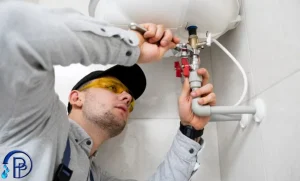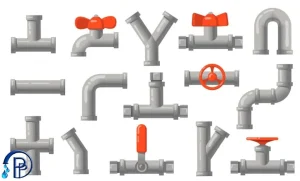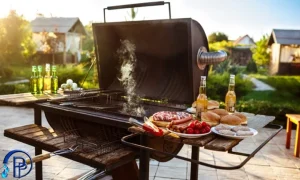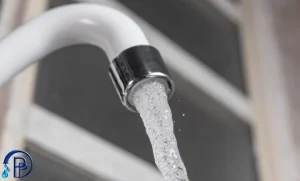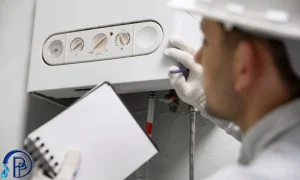
Comprehensive Guide to Replacing and Repairing Heating Boilers
Introduction Heating boilers are crucial for maintaining comfortable temperatures in homes and buildings. Regular maintenance and timely repairs ensure efficient operation and longevity. This guide covers the essential steps for replacing and repairing heating boilers, ensuring safe and efficient functioning. Understanding Your Boiler Boilers come in various types, such as: Combination Boilers: Provide hot water and heating without needing a separate tank. System Boilers: Require a hot water storage cylinder but not a water tank. Conventional Boilers: Need both a cylinder and a tank, suitable for homes with older radiator systems. Common Issues and Diagnosis No Heat or Hot Water: Possible causes: broken diaphragms, airlocks, valve issues. Diagnosis: Check the pressure gauge and reset the boiler. Leaking and Dripping: Causes: Corroded pipes, faulty pressure valve. Diagnosis: Inspect for visible leaks

